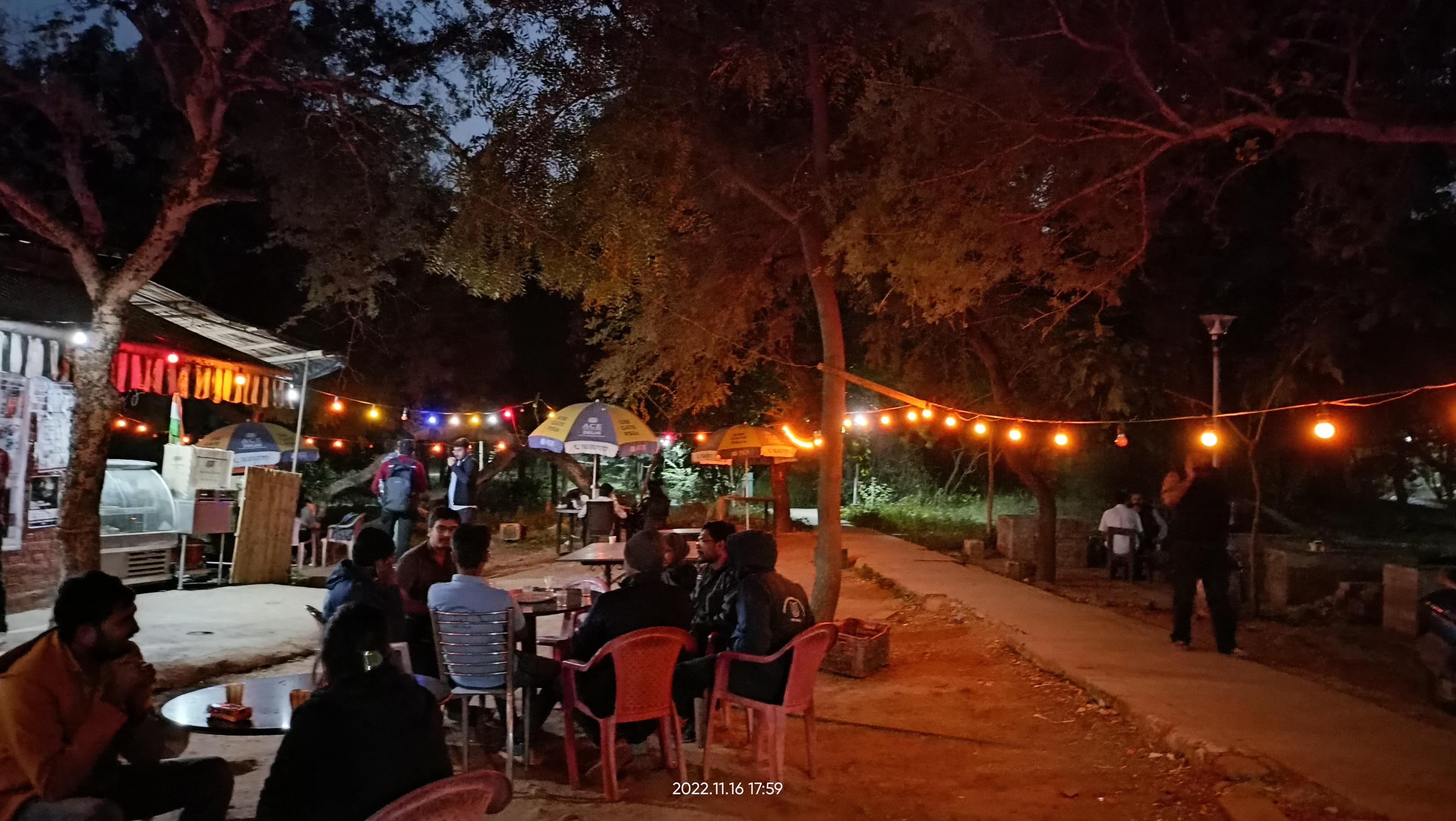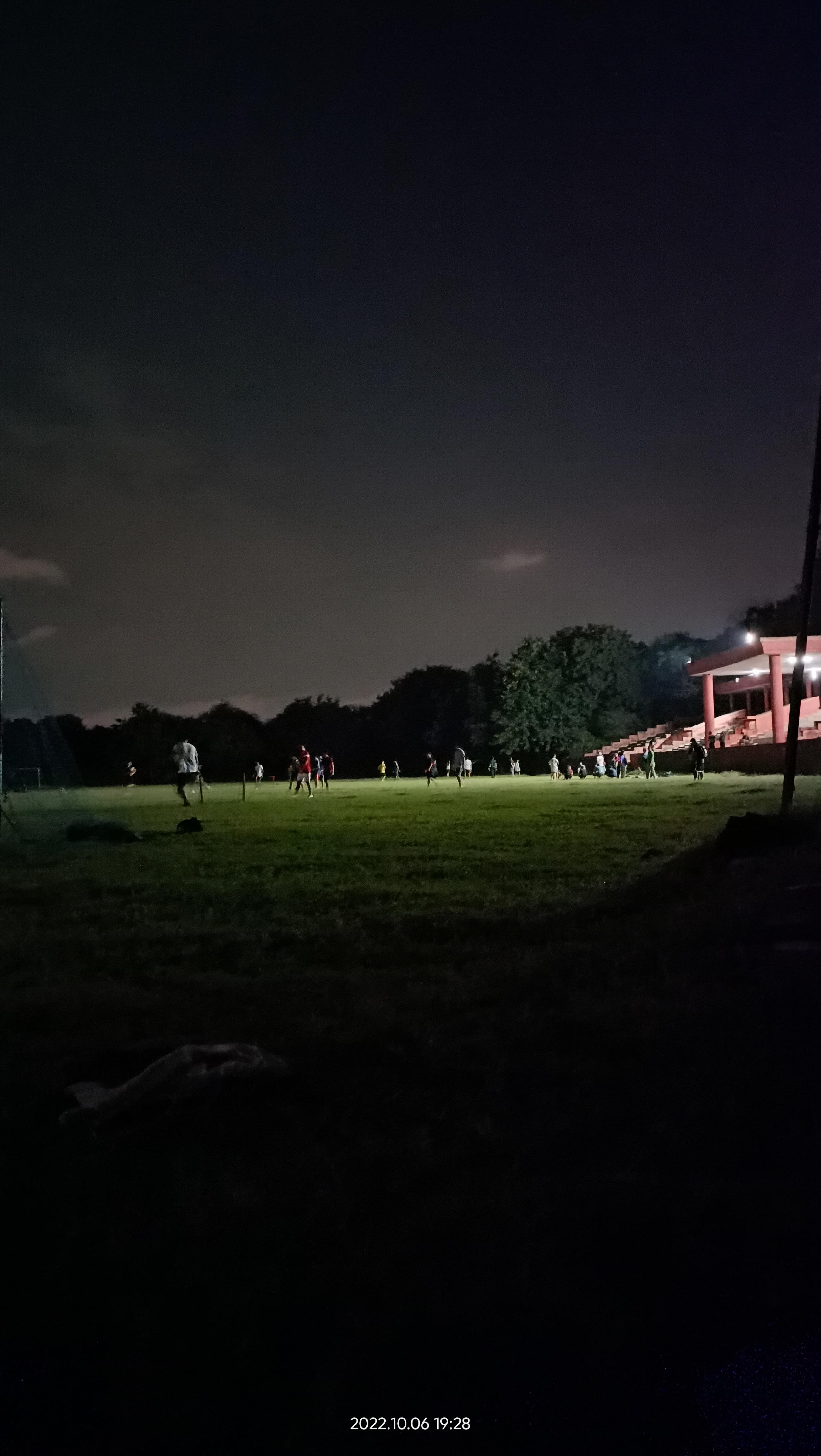What Students Say
Likes
- Diverse Community: JNU has a diverse community, with students from different parts of the country and the world coming together to form a vibrant and inclusive environment. This diversity creates an enriching experience for students and allows them.
- JNU has a lively campus life, with various events and activities taking place throughout the year. Students can participate in cultural events, debates, discussions, and sports activities, providing them with an excellent opportunity to showcase.
- JNU is primarily a research-oriented university, and therefore, the academic environment is highly stimulating and challenging. Students get to interact with renowned scholars.
Dislikes
- Language Barrier: Students who are not fluent in Hindi or other Indian languages may find it challenging to communicate with locals.
- Infrastructure Issues: The hostels may be old and cramped, and some classrooms may not be equipped with the latest technology.
- Placement Opportunities: the primary focus of the university is on research and higher education. Therefore, students who are looking for job placements in the corporate sector may find the placement opportunities limited.
Course Curriculum Overview
Jawaharlal Nehru University (JNU) is known for its high-quality academic programs and distinguished faculty members. The course curriculum of JNU is designed to provide a comprehensive understanding of the subject and prepares students for future careers. The faculty members at JNU are highly qualified and experienced in their respective fields. Course Curriculum: The course curriculum of JNU is designed to provide a strong foundation in the chosen field of study. The curriculum is updated regularly to keep up with the latest trends and developments in the field. JNU also offers interdisciplinary courses that allow students to explore different fields of study. The curriculum includes lectures, seminars, workshops, and research projects to provide students with a holistic learning experience. Faculty Members: The faculty members at JNU are highly qualified and experienced in their respective fields. They have a strong academic background and have published several research papers in national and international journals. The faculty members are also involved in research projects and collaborate with other institutions to provide students with an enhanced learning experience. They are approachable and encourage students to ask questions and seek help whenever required. Overall, the course curriculum and faculty members at JNU are known for their high standards and excellence in academics. JNU is considered one of the top universities in India and provides students with a unique and enriching learning experience.
Placement Experience
Jawaharlal Nehru University (JNU) is primarily a research-oriented university, and therefore, most of the students pursue higher studies or research after completing their programs. However, JNU has a placement cell that facilitates campus recruitment for students who wish to join the corporate sector.
Fees and Financial Aid
JNU offers an affordable fees structure and various scholarship and financial assistance opportunities to students. The campus also offers campus jobs and internships to help students earn while they study. These opportunities make JNU an excellent choice for students who are looking for quality education without any financial burden.
Campus Life
JNU offers an excellent social life, various clubs and societies, and modern infrastructure that provides students with a comfortable and enriching learning experience. For example, The campus has a 24x7 internet facility, providing students with access to online resources and e-learning materials.
Admission
the admission process at JNU is highly competitive, and candidates need to prepare well for the entrance examination to secure admission to their desired program. The admission process of JNU differs for each program, but there are some common steps that candidates need to follow: Registration: Candidates need to register themselves on the JNU admission portal by providing their basic details, including name, email ID, phone number, etc. Application Form: After registration, candidates need to fill out the application form by providing their educational details, personal details, and other relevant information. Uploading Documents: Candidates need to upload scanned copies of their photograph, signature, and other required documents, such as mark sheets, certificates, etc. Cut-offs vary course-wise and year-wise.







![Delhi Technological University - [DTU]](https://image-static.collegedunia.com/public/college_data/images/logos/1437567677logo.jpg?h=72&w=72&mode=stretch)
![Central University of Haryana - [CUH]](https://image-static.collegedunia.com/public/college_data/images/logos/1503918693uv25521.jpg?h=72&w=72&mode=stretch)

![Jamia Millia Islamia University-[JMI]](https://image-static.collegedunia.com/public/college_data/images/logos/1491558776logo.jpg?h=72&w=72&mode=stretch)

![Hansraj College - [HRC]](https://image-static.collegedunia.com/public/college_data/images/logos/1491982583logo..png?h=72&w=72&mode=stretch)
![University of Hyderabad - [UOH]](https://image-static.collegedunia.com/public/college_data/images/logos/15090869991480683061uohimage.jpg?h=72&w=72&mode=stretch)
![Guru Gobind Singh Indraprastha University - [GGSIPU]](https://image-static.collegedunia.com/public/college_data/images/logos/1464869465LOGO.png?h=72&w=72&mode=stretch)
![Delhi University - [DU]](https://image-static.collegedunia.com/public/college_data/images/logos/1491817267UniversityofDelhi.png?h=72&w=72&mode=stretch)
![Ambedkar University Delhi - [AUD]](https://image-static.collegedunia.com/public/college_data/images/logos/1420869990dr. ambedker.jpg?h=72&w=72&mode=stretch)

Comments